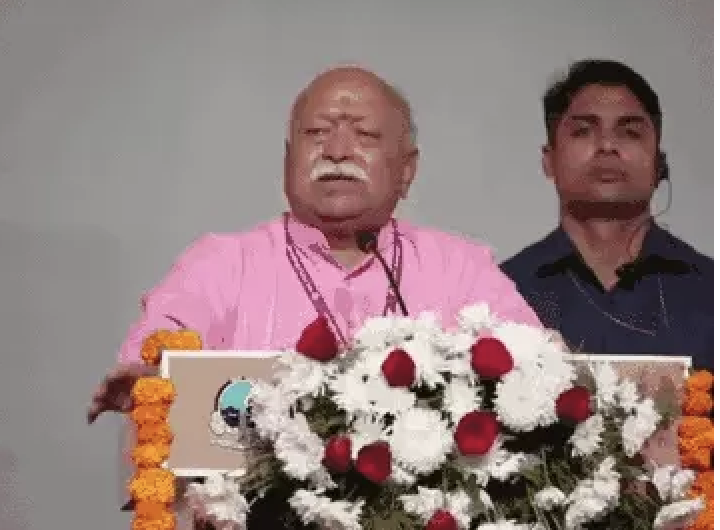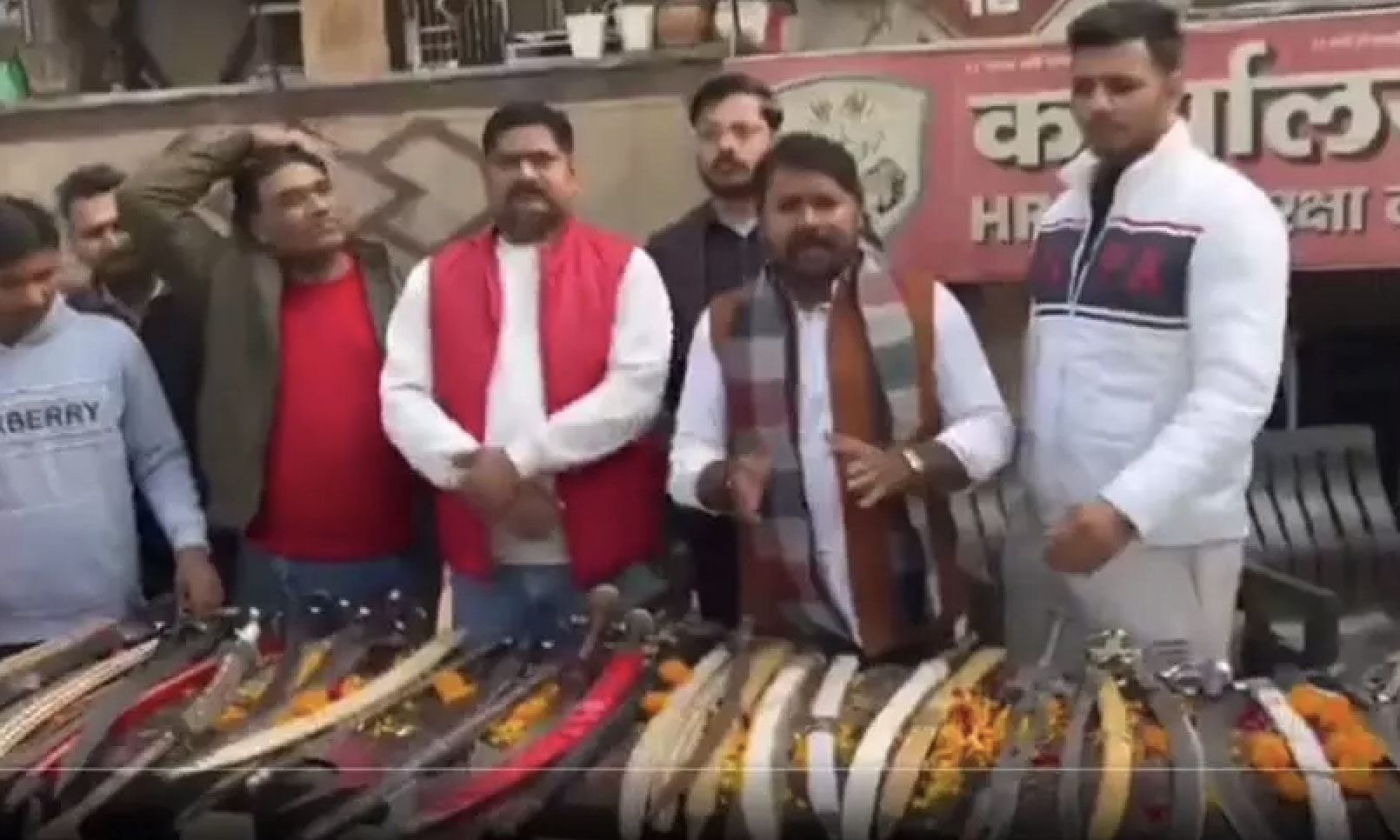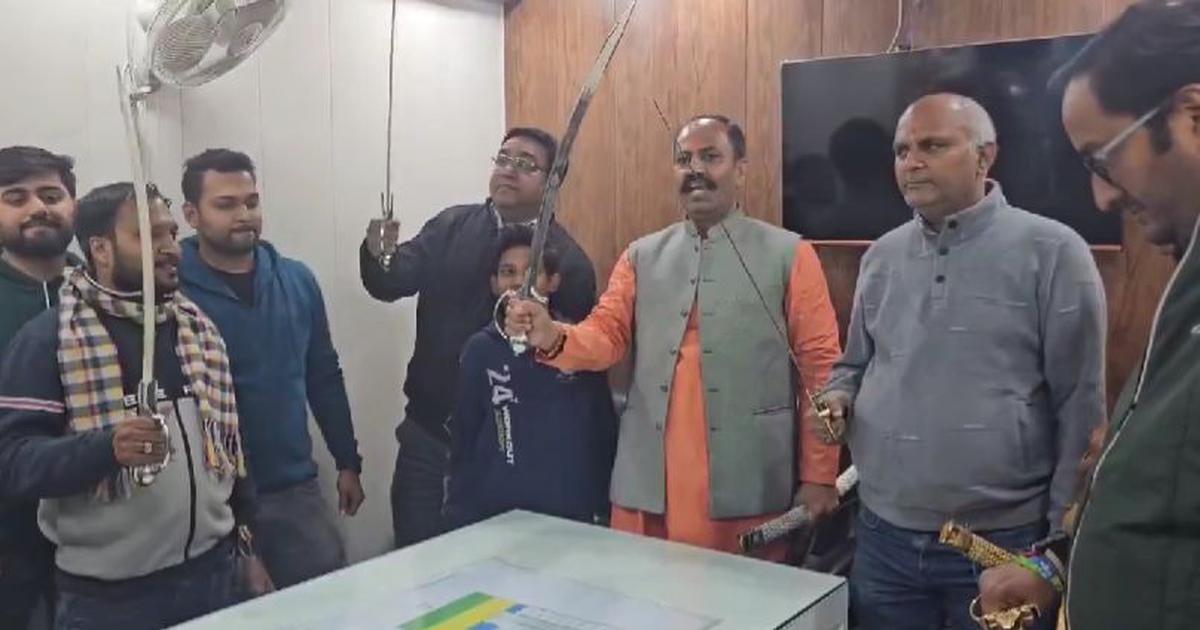By Jessie Yeung, Priti Gupta and Dhruv Tikekar, CNN
Mumbai, IndiaCNN — Chanu Gupta has lived in India’s financial capital Mumbai nearly his whole life, since arriving as a child from the northern state of Uttar Pradesh.
But when polls open in the city, the 59-year-old street vendor won’t be able to vote in the nationwide election – along with millions of internal migrant workers who are a major backbone of the country’s economy.
“I cannot go vote as I don’t belong to Maharashtra state,” Gupta told CNN in Mumbai’s shopping district Dadar, standing next to the roadside cart where he sells shaved ice and cold drinks. “I have voting rights in another state.”
Under India’s election rules, eligible voters can only cast ballots in their constituencies – meaning those working outside of their state have to return home to vote.
That’s all but impossible for many out-of-state workers, especially underprivileged daily-wage workers in the unorganized sector. And it’s a huge group – one study estimates there were about 600 million internal migrants in 2020, making up 43% of the country’s nearly 1.4 billion population at the time.
This story was originally published in cnn.com. Read the full story here.






